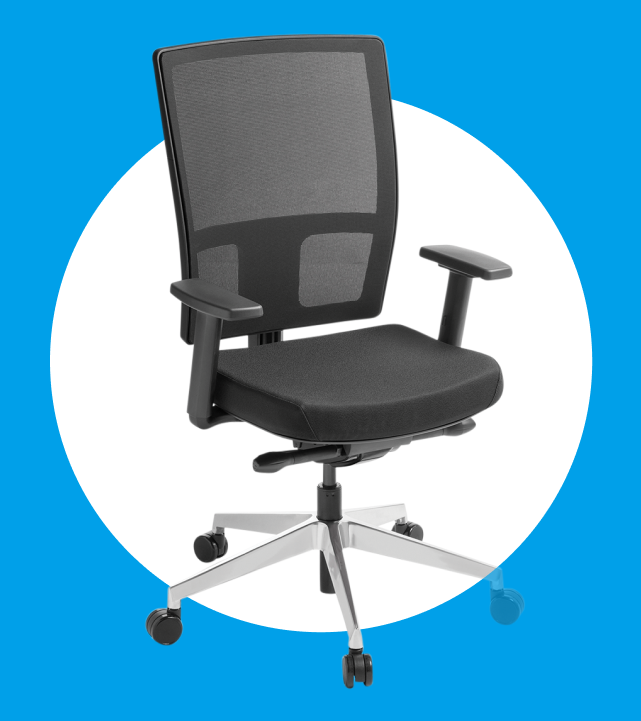GROWING PAINS
Tax time is nigh! Six steps to take before it’s too late
In another article, we presented four golden rules for minimising tax-time stress.
How time has flown since then though: the end of the financial year (i.e. 31 March) is almost upon us!
Never fear, even if you have left it to the last minute, outlined below are six vital things you can do to minimise your tax bill and save money. And, further down, we’ve thrown in five bonus tips to help you prepare for next year.
Six crucial tips for preparing for this year-end
- Review your debtors (i.e. people who owe you money). If you’re sure they are a bad debt and will never pay you, write them off now. This removes income and will reduce your tax bill.
- Get ready to count your stock at 31 March if you think it’s worth more than $5,000. Note that this could go either way in terms of tax savings, but it is a legal requirement.
- Go through your list of assets (i.e. your fixed asset register) and ensure you have, and are using, every asset. We’ve found that businesses often have old stuff on there that is long gone. Write it off now and take the tax deduction.
- Make sure that you are carefully recording all your creditors (i.e. people that you owe money). Recording all your liabilities accurately can reduce your tax bill.
- Think about asset purchases before year-end. This doesn’t make an enormous difference to your profit and subsequent tax, as you can only claim one month’s depreciation, but if you were planning on buying something anyway you may as well take that extra month into the year.
- Finally, if you’re unsure about anything tax-related, ask a good accountant to help.
Five tips for getting it right next year
- Get a good accountant. This is a self-serving tip, obviously, but I’d say the same even if I wasn’t an accountant myself. We can do the heavy lifting when it comes to your finances, and make a big difference to your tax position.Tax planning, for instance, can help reduce your tax bill substantially. For example, if a plumber, working as a sole trader, with her husband keeping the books and answering the phone, made a profit of $90,000, then she would pay tax of $20,620. If she operated out of a company with her husband as a shareholder, though, this bill could be reduced to $16,940.
- Get a decent accounting system. The year-end is an ideal time to switch to a good online accounting system, which we talked about in another beneficial article. Essentially, it will save you money and time, and can help you run your business better. You will be amazed how easy it is and wonder why you left it so long!
- Check out other business software and whether you can use it to automate anything to save money. New applications emerge constantly. Talk to people, look online and see what might be helpful for you.
- Check you need all your current business entities and tax structures. The beginning of a new financial year is a great time to consider whether you need two companies and three trusts, for example. Discuss this with your professional advisors and shut down any that you don’t need. Although there will be short term costs for closing things down, you will save on ongoing compliance costs.
- Think about re-pricing your products or services. Do a competitive analysis and see what everyone else is charging. You may decide to hold your prices this year, but it’s a good idea to review them annually.



